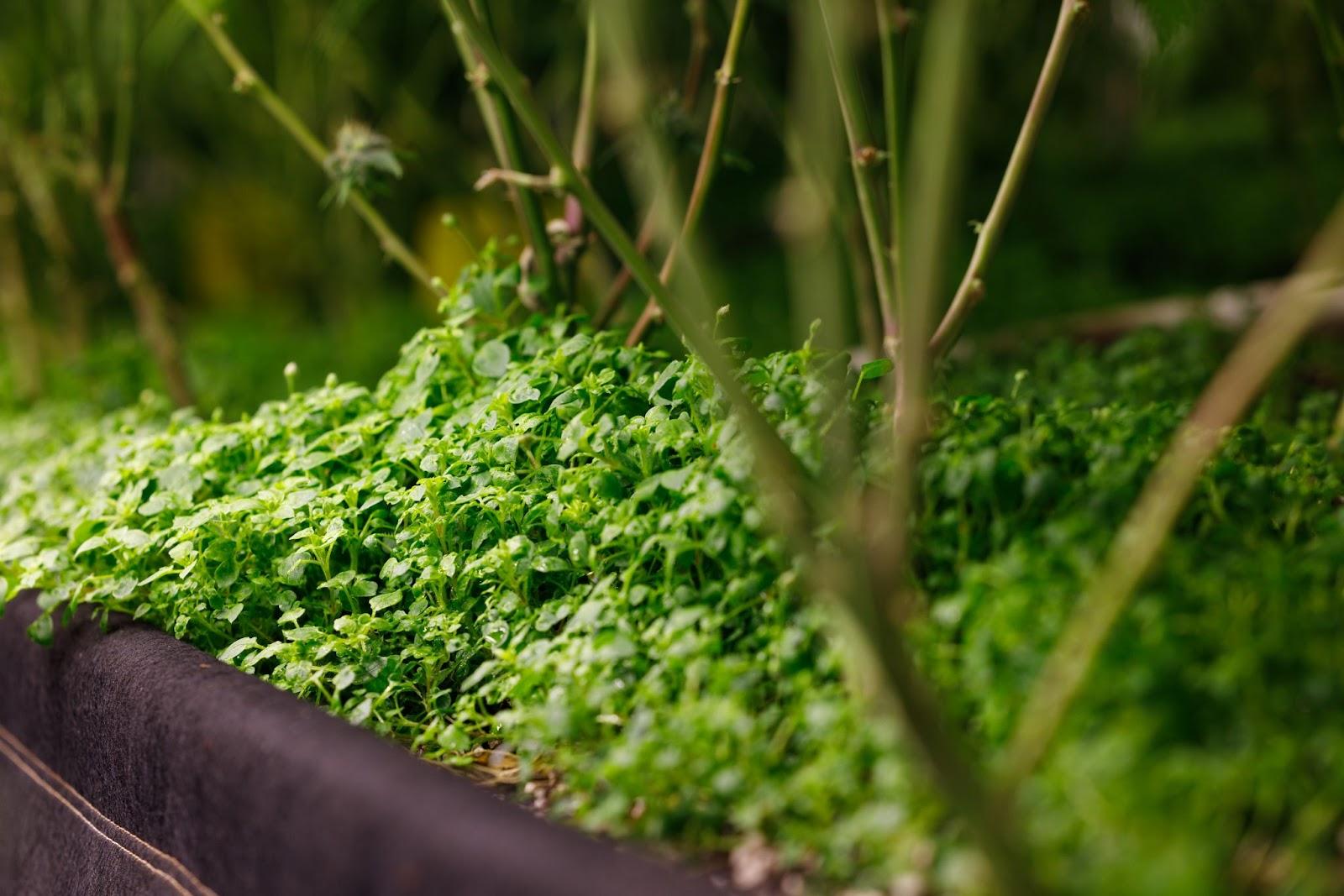The demand for organic cannabis has grown significantly as more consumers prioritize health, sustainability, and quality over mass production. Organic cannabis is cultivated without synthetic fertilizers, pesticides, or genetically modified organisms, ensuring that every harvest is as natural and eco-friendly as possible. By focusing on purity and ecological responsibility, organic cannabis has become a symbol of mindful consumption in today’s green movement.
What Is Organic Cannabis?
Organic cannabis refers to marijuana grown using natural farming practices that avoid harmful chemicals and prioritize soil health. Instead of artificial additives, cultivators use compost, organic soil amendments, and natural pest control methods to nourish the plants. This approach not only protects consumers from harmful residues but also supports biodiversity and reduces the environmental footprint of cultivation.
The process emphasizes regenerative agriculture principles, where the soil is treated as a living ecosystem. Healthy soil equals healthier cannabis plants, which in turn translates into higher terpene content, richer cannabinoid profiles, and a cleaner smoking or consumption experience.
Why Choose Organic Cannabis?
1. Healthier Consumption
One of the primary reasons consumers choose organic cannabis is the absence of synthetic pesticides and fertilizers. Inhaling or ingesting cannabis treated with chemicals can have long-term health risks. With organic cannabis, users experience a cleaner, more natural high without exposure to harmful residues.
2. Superior Flavor and Aroma
Organic cultivation enhances the terpene profile of cannabis. Terpenes are the aromatic compounds that give cannabis its distinct flavors and aromas. When grown organically, plants produce richer, more nuanced flavors that elevate the overall experience. From fruity and citrusy notes to earthy undertones, the difference is undeniable.
3. Environmental Benefits
Organic cannabis farming reduces reliance on chemical inputs, protecting soil, water, and local ecosystems. It also promotes biodiversity, conserves resources, and reduces carbon emissions, making it a sustainable choice for environmentally conscious consumers.
4. Stronger Cannabinoid Profile
Cannabis cultivated organically often has a higher concentration of cannabinoids such as THC, CBD, and CBG. This not only enhances its therapeutic effects but also provides consumers with a more potent and balanced product.
How Organic Cannabis Is Grown
Growing organic cannabis requires patience, attention to detail, and respect for natural processes. Below are the core principles:
1. Soil Preparation
Organic cannabis starts with living soil. Farmers enrich it with compost, worm castings, bat guano, kelp meal, and bone meal to create a nutrient-rich foundation. This soil promotes strong root development and enhances the plant’s natural defenses.
2. Natural Fertilization
Instead of synthetic nutrients, growers use organic teas, cover crops, and compost blends. These release nutrients slowly, providing steady nourishment throughout the plant’s lifecycle.
3. Pest and Disease Management
Organic farmers avoid chemical pesticides and rely on beneficial insects such as ladybugs and predatory mites, as well as natural sprays like neem oil. These methods control pests without compromising safety.
4. Sunlight and Airflow
Outdoor organic cultivation emphasizes natural sunlight, fresh air, and proper spacing. These factors reduce mold risk and enhance photosynthesis, allowing plants to thrive naturally.
5. Watering Practices
Pure, chemical-free water is vital. Some farmers adopt rainwater harvesting or drip irrigation systems to conserve resources and provide consistent hydration.
Organic Cannabis vs. Conventional Cannabis
| Feature | Organic Cannabis | Conventional Cannabis |
|---|---|---|
| Fertilizers Used | Compost, organic nutrients | Synthetic fertilizers |
| Pest Control | Natural methods, beneficial insects | Chemical pesticides |
| Soil Health | Living soil with microbes | Often depleted or sterile |
| Environmental Impact | Sustainable, eco-friendly | Higher carbon footprint |
| Flavor & Aroma | Richer terpene profiles | Sometimes muted flavors |
| Consumer Health | Free of harmful residues | Potential chemical residues |
Medical Benefits of Organic Cannabis
Organic cannabis is particularly valued in the medical cannabis community. Patients who rely on cannabis for relief from chronic pain, anxiety, epilepsy, or insomnia often prefer organic options due to their clean composition and higher therapeutic potency.
Key benefits include:
-
Pain relief without chemical exposure.
-
Enhanced relaxation through natural terpene synergy.
-
Improved immune support due to cleaner consumption.
-
Reduced risk of side effects linked to pesticides and additives.
The Future of Organic Cannabis
As legalization spreads worldwide, demand for organic cannabis products will continue to rise. Consumers are more aware of what they consume and how it impacts their health and the planet. Dispensaries and brands that emphasize organic certification, transparency, and eco-conscious practices are gaining loyal customers who value quality over quantity.
Furthermore, innovations in organic hydroponics, regenerative farming, and renewable energy-powered cultivation are shaping the next era of sustainable cannabis production.
Tips for Identifying Authentic Organic Cannabis
Not all cannabis labeled “organic” is truly organic. To ensure authenticity, consider the following:
-
Look for certifications from recognized organic bodies.
-
Check lab reports for pesticide-free guarantees.
-
Choose trusted dispensaries and brands with transparent cultivation practices.
-
Smell and taste — true organic cannabis often has a full-bodied aroma and flavor.
Conclusion
Organic cannabis represents the pinnacle of sustainable cultivation, superior quality, and mindful consumption. By choosing organic, consumers not only protect their health but also contribute to a greener planet. The combination of clean growth practices, rich terpene profiles, and potent cannabinoids makes organic cannabis the gold standard for both recreational and medicinal use.



